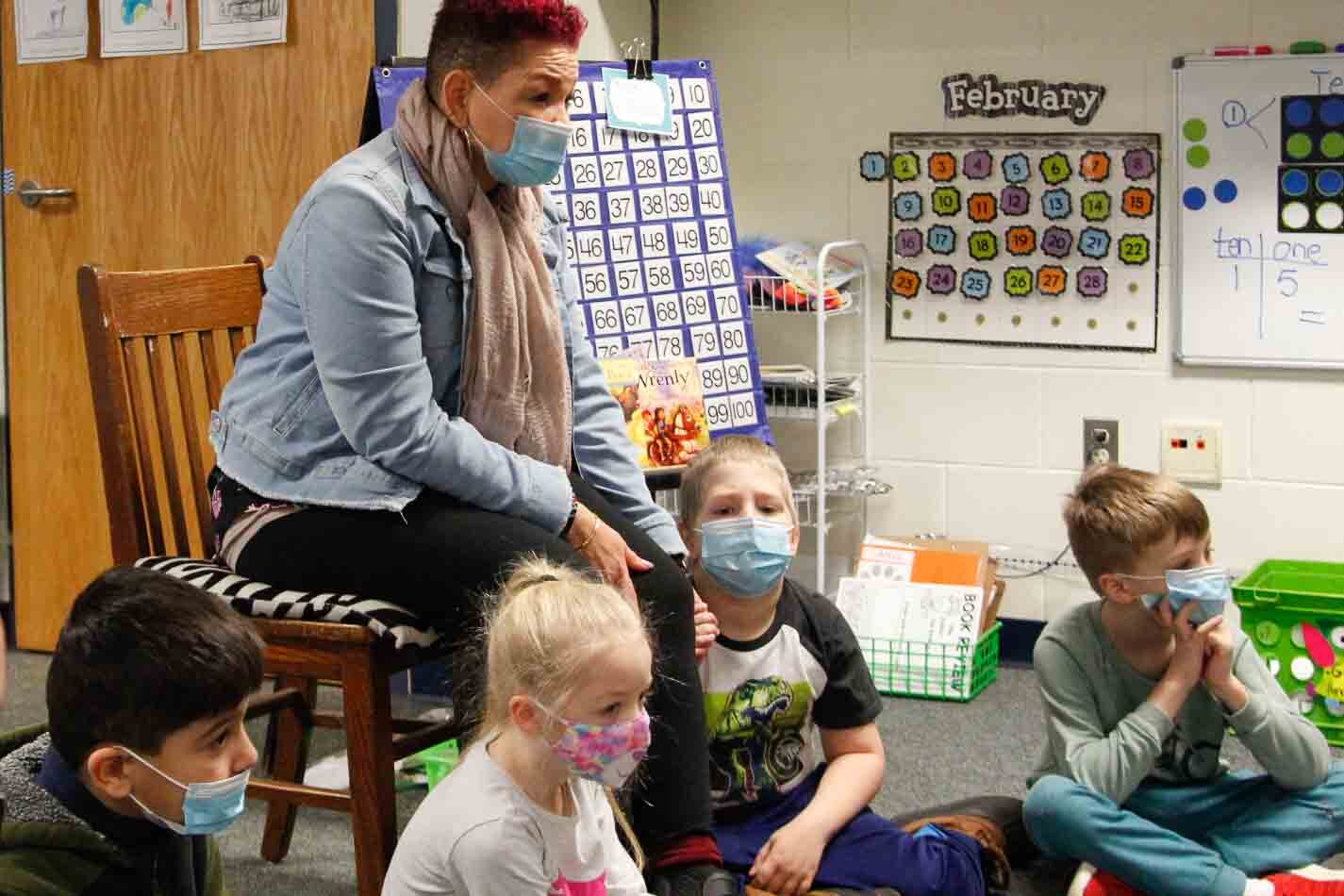
The new network's members, including superintendents, principals, teachers, and school counselors, are helping Michigan's schools instill social-emotional learning in their school cultures.
This article is part of State of Health, a series about how Michigan communities are rising to address health challenges. It is made possible with funding from the Michigan Health Endowment Fund.
This spring, Augusta’s Galesburg-Augusta Middle School and Kalamazoo’s Northwood Elementary School will celebrate receiving 2021 Michigan Association for Supervision and Curriculum Development Whole Child Awards, recognizing their efforts to build healthier school environments.
Ethan Alexander, Kalamazoo Regional Educational Service Agency (KRESA) culture and climate consultant for instructional services, credits that recognition to the work the two KRESA schools have done to foster social-emotional learning (SEL). SEL helps students recognize and manage their emotions, have empathy for others, establish and maintain positive relationships, and make positive decisions. Now, as a member of the Michigan Department of Education’s (MDE) new SEL Network, Alexander will share KRESA’s SEL successes with other educators across the state.
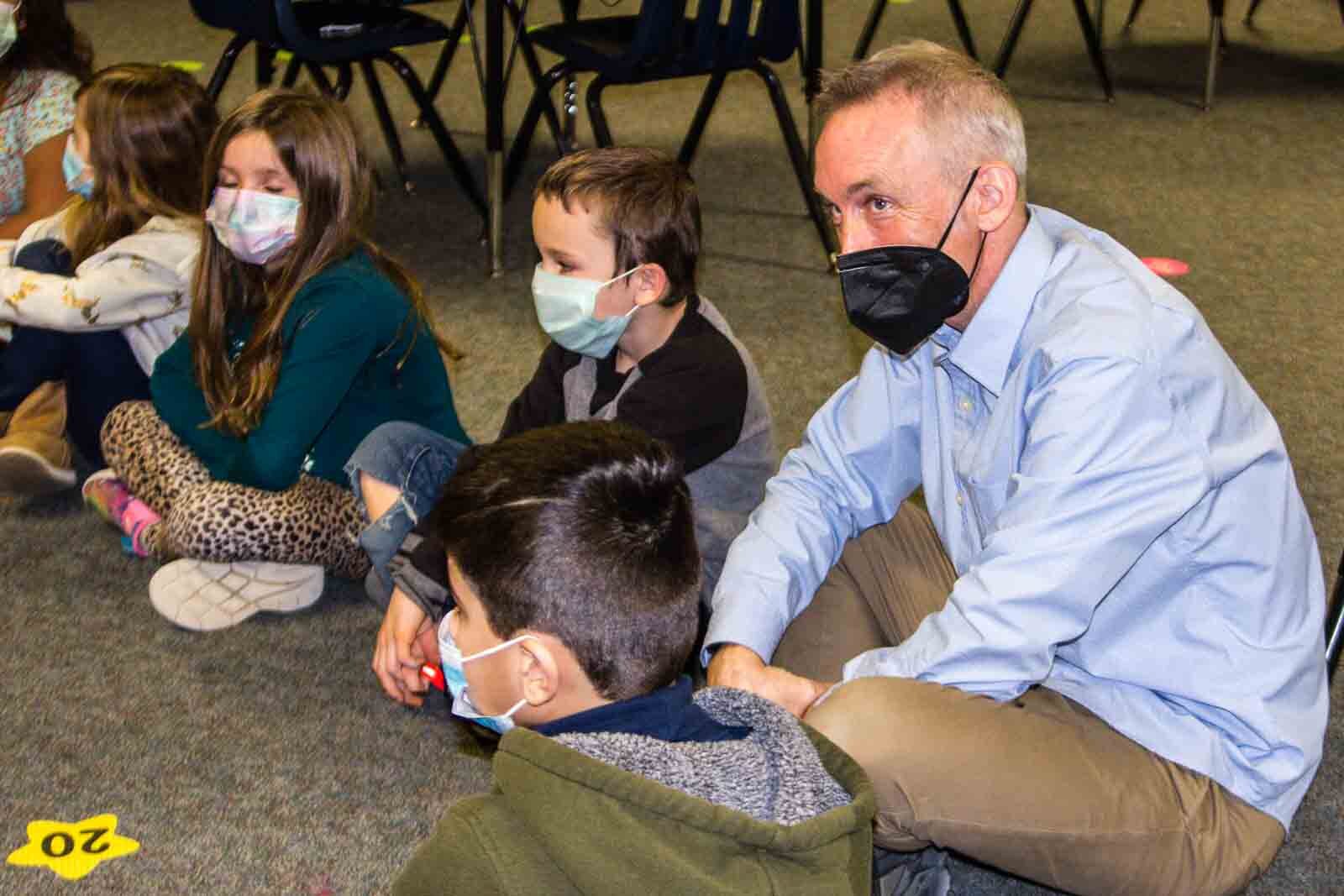
“Every school that I work with has been told that SEL is important,” Alexander says. “The question becomes: when you give that information to administrators, how do they translate that importance? Some schools have deemed that SEL is essential and that, in challenging times, we need to be very intentional and very focused about how we create the school culture and climate.”
Dr. Michael F. Rice, MDE superintendent and a huge proponent of SEL, designed the SEL Network to bring local and regional voices to the MDE SEL team. The network launched in December.
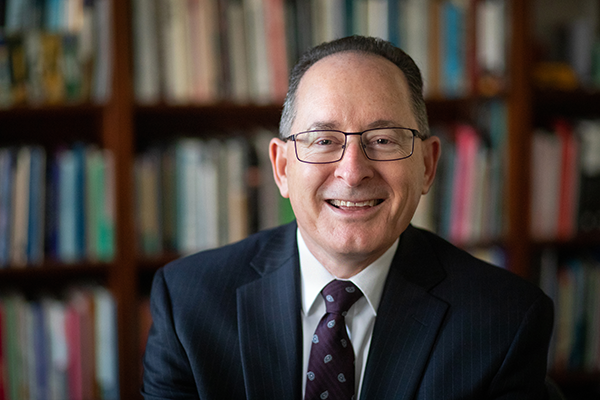
“This developing network will help broaden, deepen, and make more cohesive our efforts in SEL and children’s mental health across the state,” Rice says. “We are building on the important efforts from the last several years and making them into a more cohesive initiative that will affect a broader range of interested schools, school districts, children, and staff.”
The SEL Network’s members, including superintendents, principals, teachers, school counselors, and others involved with schools across the state, are meeting monthly to help make SEL happen.
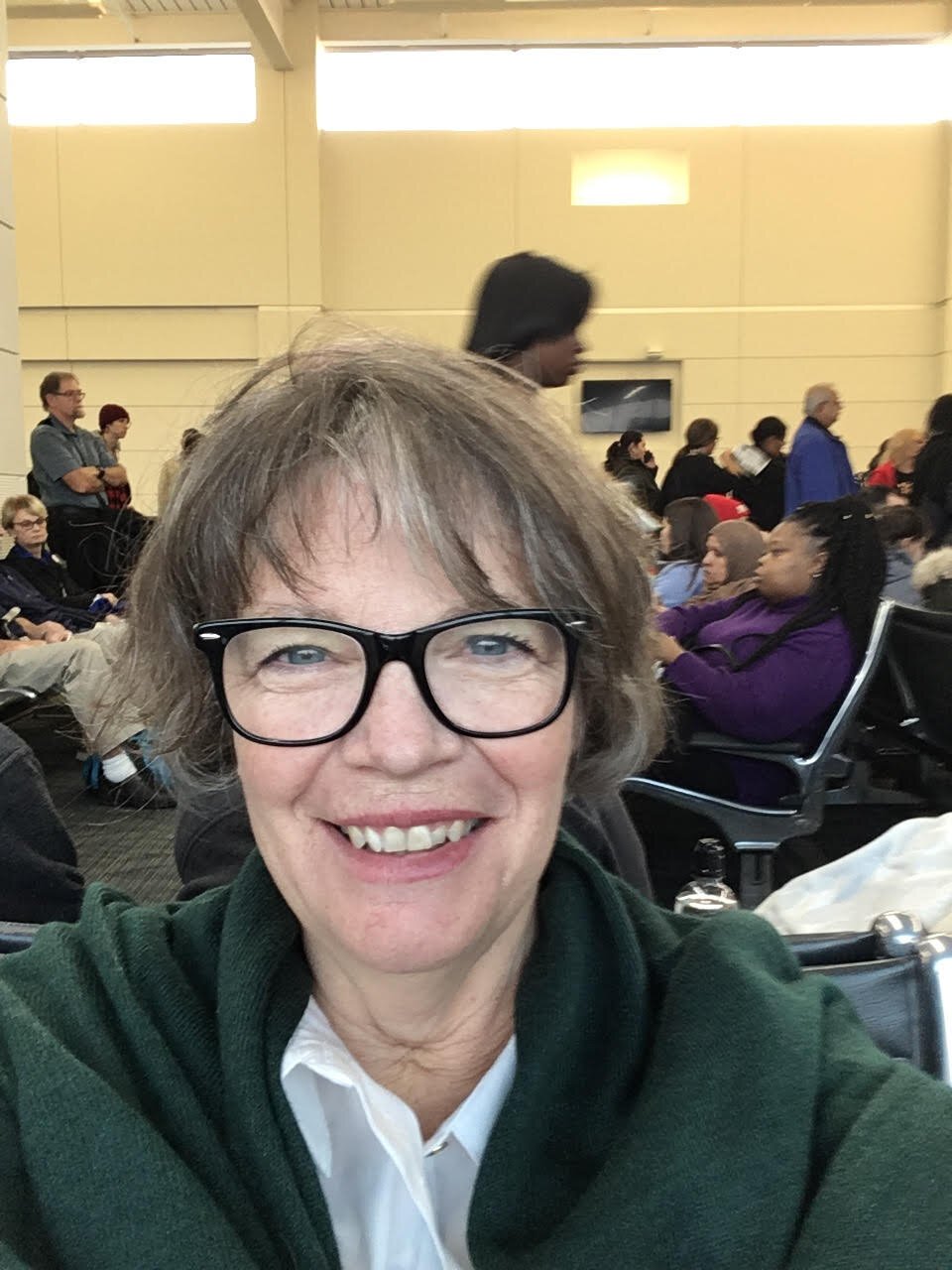
“The goal of the network is to promote social-emotional learning and mental health to every region in the state,” says Leisa Gallagher, MDE SEL team lead, noting that the group has already gotten 2,000 teachers to take an Introduction to SEL course. “They are champions for SEL. They are the on-the-ground folks that are helping carry the message forward.”
In addition to helping Michigan’s schools instill SEL in their school cultures, the SEL Network will also provide feedback to MDE on schools’ successes and challenges.
“I see myself as a translator,” Alexander says. “I translate what is happening in the schools for the MDE and what is happening at MDE to the teams I work with in the schools — from policy and research into reality.”
To disseminate SEL resources to KRESA schools, Alexander and his KRESA colleagues, Cara Weiler and Jen Hsu-Bishop, created the “Whole Child Support” website. Weiler focuses on integrating mental health supports into the schools. Hsu-Bishop addresses diversity, equity, and inclusion.
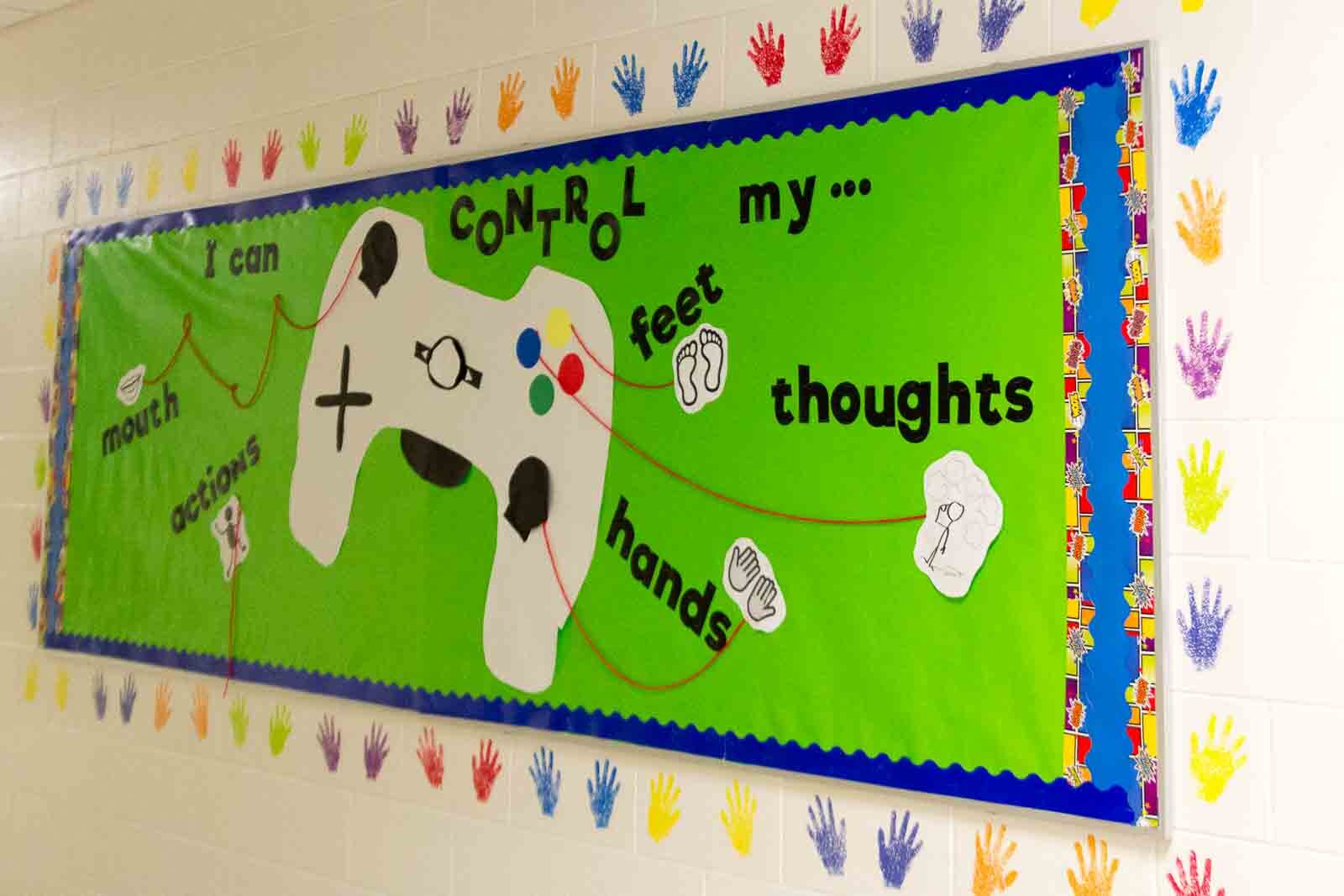
“This network helps make sure that SEL gets communicated in a way that makes sense,” Gallagher says. “We have committees within the network that look at: are we lifting up our partners’ voices in terms of community, family, and students? Are we looking at the equitable dimensions of social-emotional learning to ensure that equity is centered in our work?”
The SEL Network also provides support for districts that may have implemented SEL in select classrooms and now want to expand it to whole school buildings or throughout the entire district.
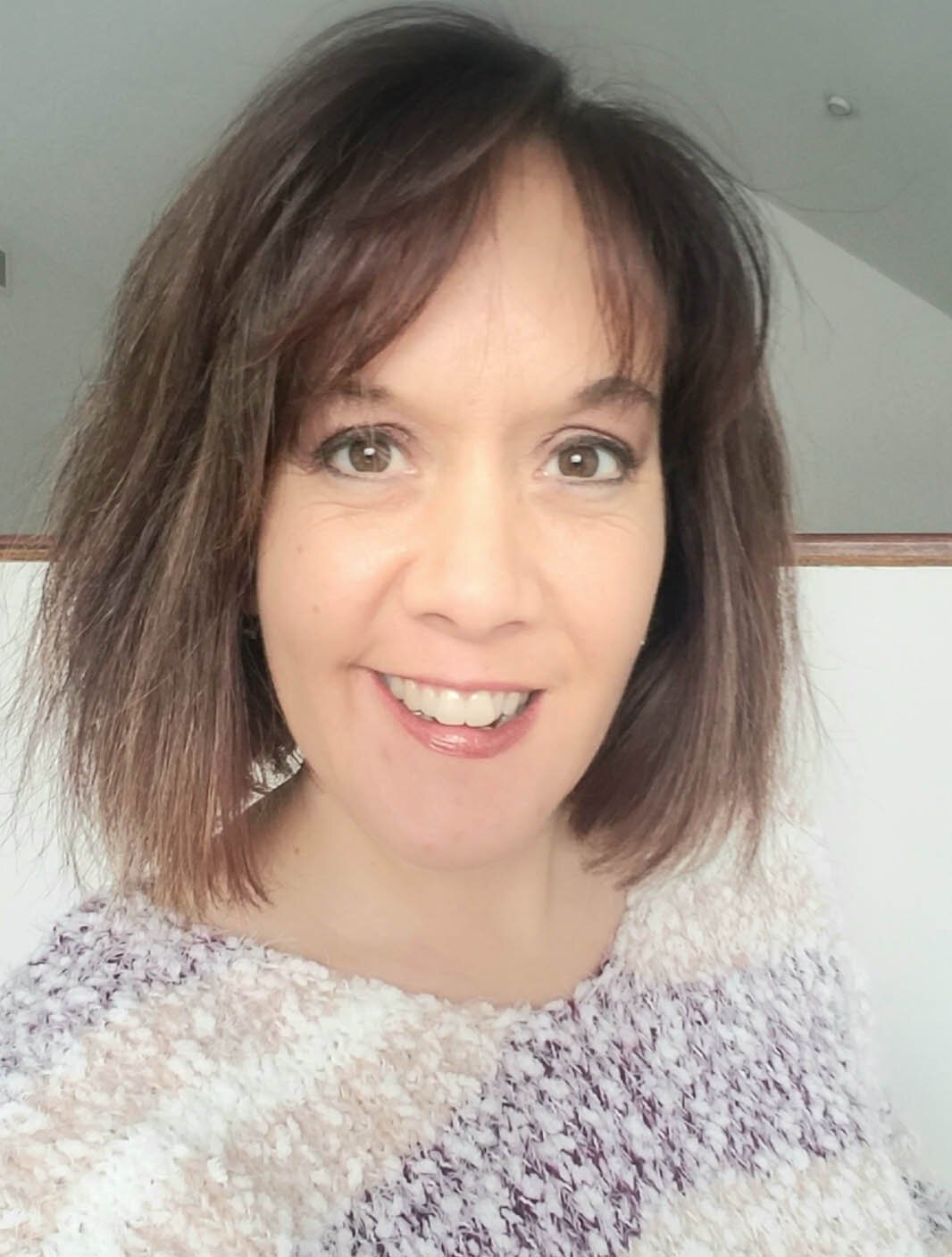
“What I find so exciting is that we’re looking at every aspect of a child. We’re talking about health – physical, social, emotional – and academic health, too. They are all intertwined,” says Amy Wassmann, MDE SEL school consultant. “When we talk about SEL, everyone has different definitions. This network really helps us get that common language throughout the state.”
Last summer, Michigan was one of nine states chosen to collaborate with the national Council of Chief State School Officers and Collaborative for Academic, Social, and Emotional Learning, the country’s major SEL association, to strengthen SEL within their states. Michigan was the first state to provide benchmarks, strategies, and indicators for educators to build SEL competencies in their classrooms, from pre-kindergarten through 12th grade.
“What’s exciting is that we have the key players at the table all agreeing and saying this is a priority. We need to find this balance between academic success and meeting our students’ and our staffs’ social and emotional needs,” Wassmann says. “While academics is so important in the school setting, if our students’ basic needs aren’t being met, if their social and emotional needs aren’t being met, they can’t fully comprehend and learn at the capacity that they’re able to. They have all of these other things fighting for time in their heads.”
The SEL Network will also address children’s mental health. Before the pandemic, the Centers for Disease Control and Prevention reported that 20% of children experienced mental health challenges. Those numbers have seriously increased since the COVID-19 pandemic.
“We need to provide educators with the tools that they need to support students and prevent some of the mental health concerns that they’re seeing in the classroom,” says Lauren Kazee, consultant to the MDE SEL team. “The SEL Network will help to advise us on what’s working — tips and tricks, lessons learned, those kinds of things. As we continue to try to expand the work across the state, the network will be a sounding board for us because they’re the ones doing SEL in the classroom.”
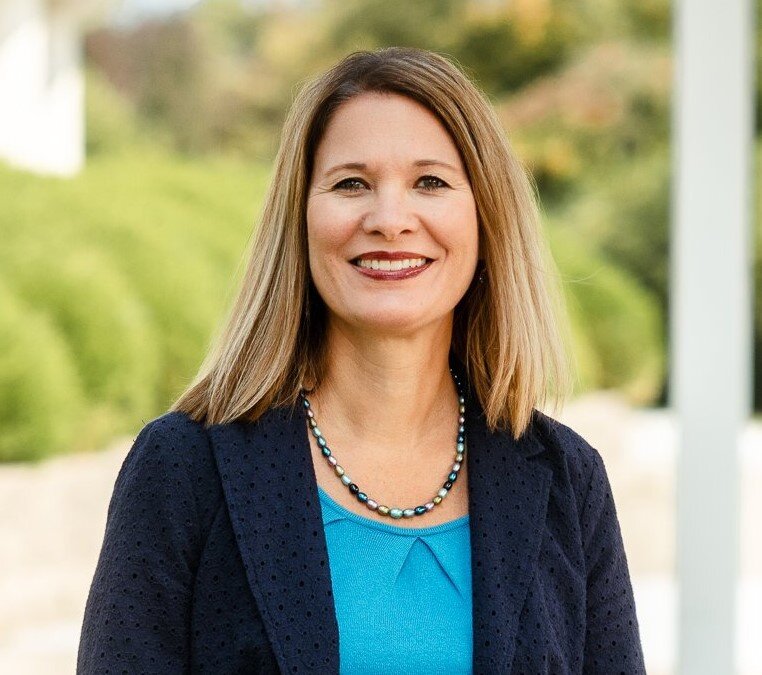
In addition to tending to students’ social and emotional health, the SEL Network recognizes that every adult working in a school building is important to building a healthy SEL culture. When a teacher, cafeteria staffer, or parapro experiences stressors at school or traumas away from the job, it becomes difficult for them to relate in positive ways to the students they serve. And the pandemic has made trauma, grief, and loss a part of practically everyone’s life.
“Everybody’s struggling,” Kazee says. “So that’s something that the network has brought consistently up for us to really focus on. How do we address the adults’ social and emotional wellness and health? We’ve started to figure out how to include adults, as we’re also primarily focused on the student’s needs. I think SEL is for every teacher, but it’s also for every adult in the school.”
In his role at KRESA, Alexander has been so encouraged by the SEL Network’s accomplishments that he and his colleagues have started their own SEL network for the county’s teachers, school counselors, and other school staff interested in SEL.
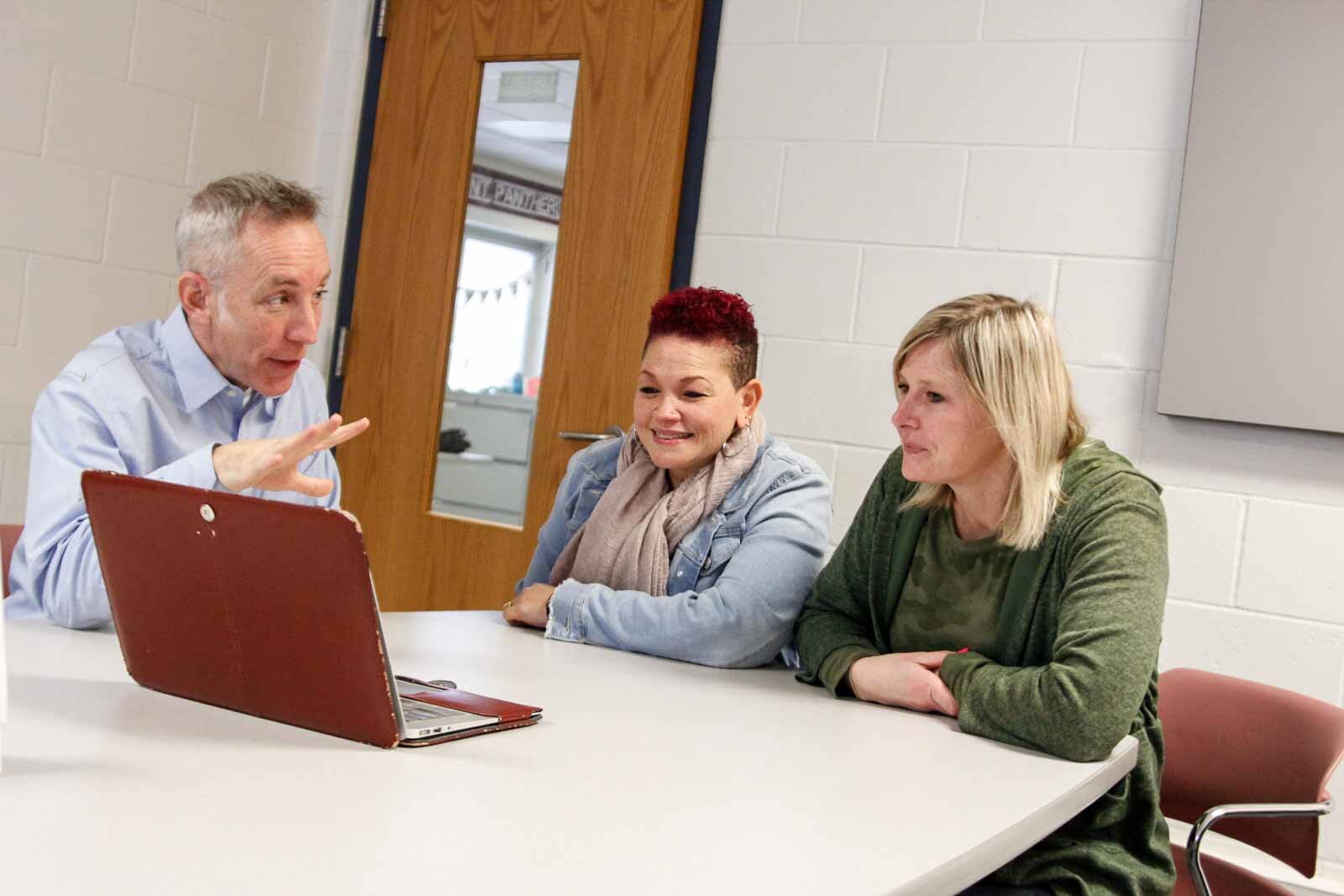
“Once a month, we talk about the challenges in promoting SEL in our schools and our triumphs,” he says. “Certain districts present every month and say, ‘This is what’s working well and this is how we’ve built it.’ And other folks learn from that and say, ‘We want to do that.’ We have a lot more in-county collaboration happening than we’ve ever seen before.”
Gallagher believes Michigan’s schools are already reaping benefits from SEL. She says schools are seeing improved academic achievement — and becoming places where students and their families want to be.
“SEL is a bridge between academics and children’s mental health,” she says. “A long time ago, I saw that children in the state of Michigan were really struggling in terms of having their mental health needs met. That’s not true anymore. We’re doing right by our kids.”
A freelance writer and editor, Estelle Slootmaker is happiest writing about social justice, wellness, and the arts. She is development news editor for Rapid Growth Media and chairs The Tree Amigos, City of Wyoming Tree Commission. Her finest accomplishment is her five amazing adult children. You can contact Estelle at Estelle.Slootmaker@gmail.com or www.constellations.biz.
Ethan Alexander photos by Susan Andress. Dr. Michael Rice photo courtesy of MDE. All other photos courtesy of the subjects.




